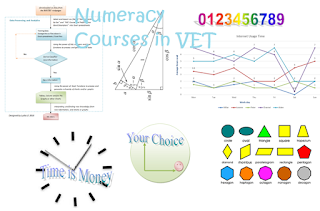Creating Principles of Classroom’s Skills
In order to reduce challenging behaviours in my classrooms, the following skills -namely the classroom's skills of PISA and MES, are encouraged to promote students' 'seeds' or strengths. These students' strengths are based on the Curriculum requirements and Essence life knowledge and skills that the students are encouraged to practise during learning sessions.
The SEVEN classroom's skills and strengths are divided into two parts of PISA and MES skills and displayed as below.
-Four PISA core seeds - Curriculum skills
The SEVEN classroom's skills and strengths are divided into two parts of PISA and MES skills and displayed as below.
-Four PISA core seeds - Curriculum skills
1-Physical skill
2-Intelligent skill
3-Social skill
4-Aesthetic skill
-Three MES core seeds - Essence Skills
5-Moral skill
6-Emotional skill
7-Spiritual skill
===
Teacher's roles:
+Start with the deficient level of 'physiological needs/wants' in the Maslow's hierarchy.
+Then, encourage the MES skills.
+Finally, teach the PISA skills.
Link to Gardner’s 7 Intelligences.
===
Teacher's roles:
+Start with the deficient level of 'physiological needs/wants' in the Maslow's hierarchy.
+Then, encourage the MES skills.
+Finally, teach the PISA skills.
Link to Gardner’s 7 Intelligences.



